Just 10 grams of alcohol a day is linked to a 5% increase in breast cancer in pre-menopausal women and a worrying 9% increase in post-menopausal women.
2017 report from the American Institute for Cancer Research and the World Cancer Research Fund
There are many lovely aspects to getting older. You have a better perspective on life, greater financial stability and a few more ticks on your bucket list than you had in your 30s. But one grim downside of ageing is that your body simply doesn’t cope with alcohol as well as it used to.
And it’s a vicious cycle. If you’re struggling with some of the negative aspects of menopause,– a glass of wine might just be the thing you reach for to make yourself feel better. ‘It’s the perfect storm,’ says Dr Frances Fleming, a GP with a special interest in menopause. ‘We want to drink because we feel so terrible. Our hormones have vanished and we’re sleep-deprived because of our hot flushes and night sweats. Little wonder there’s a higher incidence of reaching for the chardonnay whenever we can.’
Too much wine increases your risk of breast cancer
Reaching menopause means you’re no longer producing oestrogen in your ovaries. ‘However, there is still a miniscule amount of this hormone in your fat, breast tissue and adrenal glands,’ says breast disease specialist Dr Irene Boeddinghaus. And this is where drinking too much get tricky. Like all hormones, once oestrogen has done its job, it’s sent to your liver to be broken down and removed through your colon. Unfortunately, if your liver is all gunked up from the excess alcohol it is exposed to, it can’t function optimally. This means oestrogen is not metabolised properly and can be reabsorbed back into your body. As Dr Boeddinghaus says, ‘If you’re drinking a lot of alcohol, your liver works hard to break down the ethanol (the active ingredient in alcohol) at the expense of breaking down the oestrogen.’
She adds that during menopause, your oestrogen level plummets between 1000 and 100-fold. ‘But if you’re a heavy drinker, it increases in the region of two to five-fold,’ she says. ‘Unfortunately, while this increase in oestrogen isn’t enough to give you good skin and shiny hair, it is enough to increase your risk for breast cancer.’
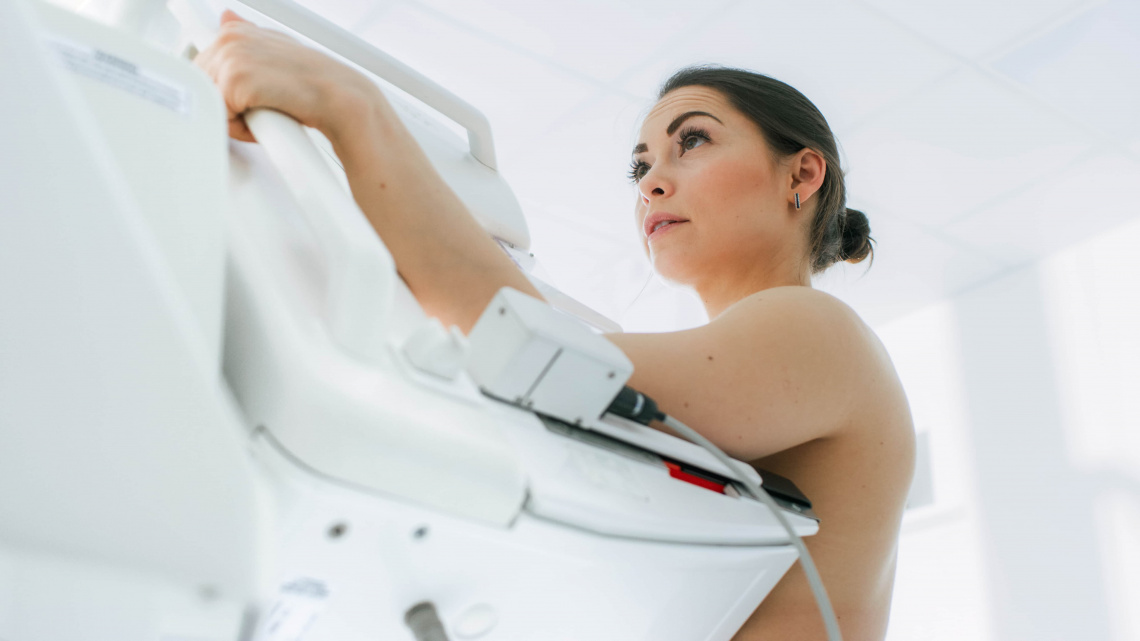
And worsens your hangovers
In addition to your declining oestrogen levels, another bizarre chemical process happens as around the age of 40-50 years: your levels of an astonishingly efficient enzyme known as dehydrogenase (ADH) decreases. And way more quickly and dramatically than a man’s. ‘This enzyme is your body’s primary defence against alcohol, and it’s gradual decline is one of the reasons why a middle-aged woman’s hangover is simply no fun at all,’ says Dr Fleming.
When you’re in your 20’s and 30’s, your body is a well-oiled machine. Your liver coverts alcohol to acetaldehyde (an extremely toxic molecule), which is then quickly converted into acetate that is easily absorbed by your cells. When you’re menopausal, your ability to eliminate alcohol toxins from your body is reduced. This means that super toxic acetaldehyde stays in your system for longer, causing prolonged, ugly hangovers.
More reasons to say ‘no’ to another glass
– Alcohol can also exacerbate the very symptoms that makes menopause unbearable for so many women. For example, although it has not been scientifically proven, some women report that alcohol worsens their night sweats and mood swings.
– According the North American Menopause Society, women at menopause are especially vulnerable to depression, and heavy drinking can just make that worse. ‘Heavy drinking itself can lead to depression, and women who show signs of alcoholism are two to seven times more at risk of developing depression than men.’
– And then there are those endless nights of interrupted sleep. Alcohol is a sedative, so although it helps you fall asleep, the quality of your slumber is compromised. Drinking before bed leads to a lack of REM rest, the restorative sleep you need to stay healthy. Plus, because you’re more likely to suffer from insomnia during menopause (and that’s not including being woken up by night sweats), you really don’t need additional sleep deprivation.
– Your body’s water content decreases as you age. This means your risk of dehydration increases when you drink alcohol, which is a diuretic. It also means the toxins remains in a more concentrated form in your system for a longer period of time. Cue clanging headache, dry mouth and haggard skin the next day.
– Drinking can also exacerbate problematic weight distribution. ‘Alcohol plays havoc with your blood sugar levels, which can lead to insulin resistance and an increase in the weight around your middle,’ says Dr Fleming. Plus, after a few glasses of wine, you’re likely to make unhealthy food choices that translates into more unwanted padding.
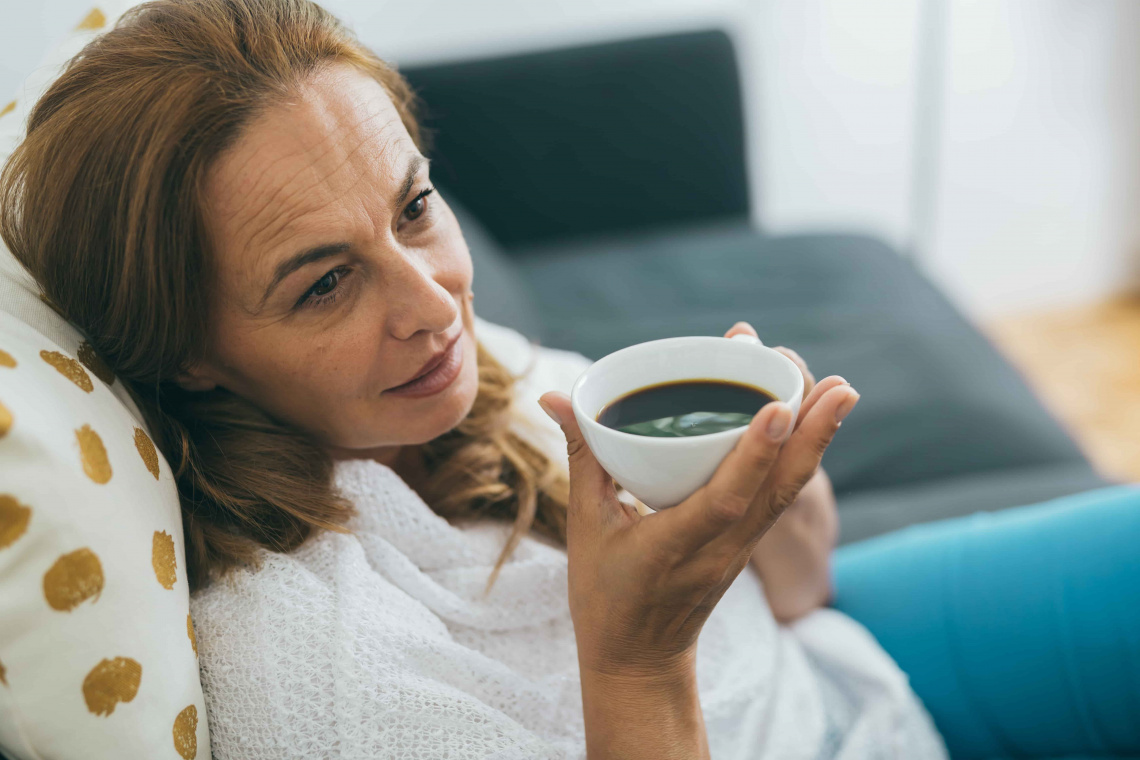
So what’s the solution?
Being mindful is key when it comes to drinking in moderation.
Eat something before taking your first drink, pace yourself with non-alcoholic beverages in-between drinks and consider having a few booze-free days every week.

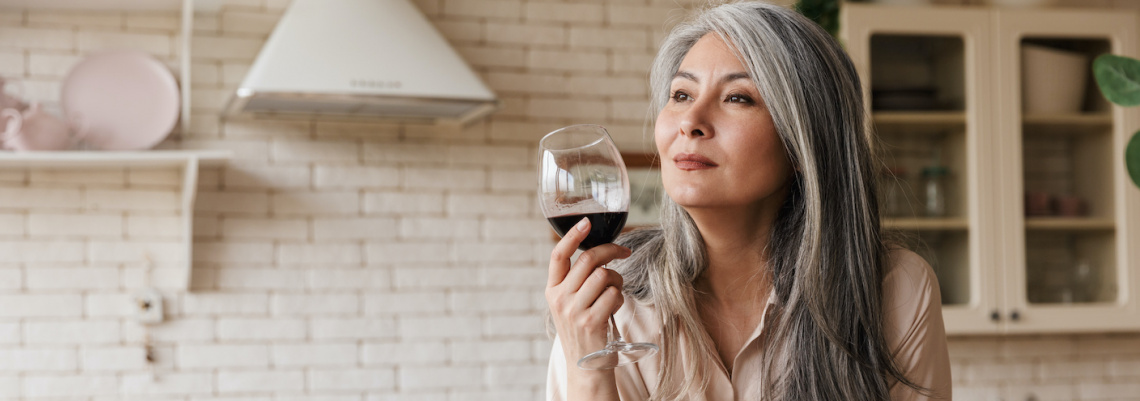
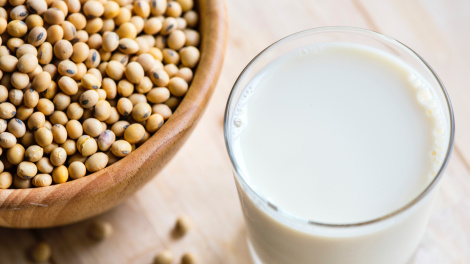

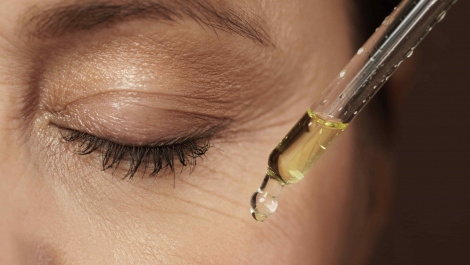
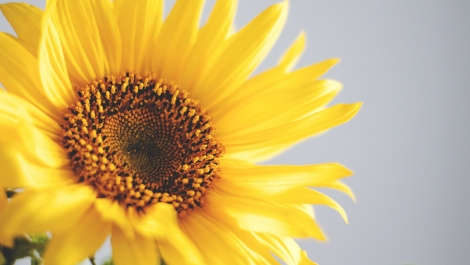

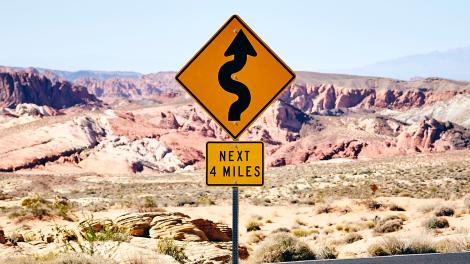
Comments